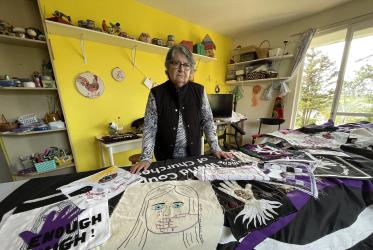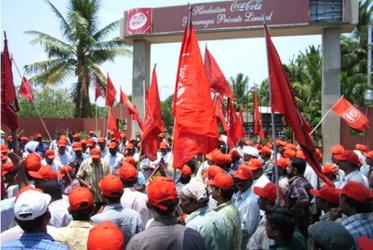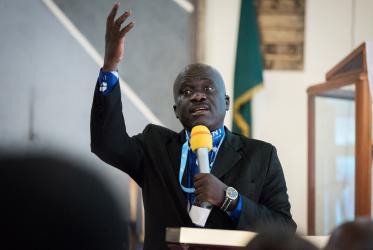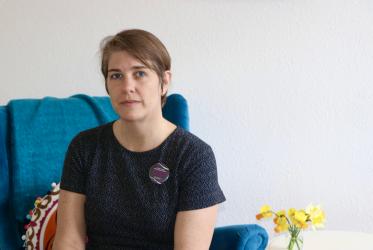Displaying 1 - 20 of 22
“They want to live without fear and constant harassment”
25 October 2023
Groundwater is “a political question”
27 April 2022
Dr Ofelia Ortega: “The vision of prophet Ezequiel became true”
28 October 2021
Defending the ‘blue soul of life’
08 April 2021
Palestinian Christian peace worker yearns for courageous leaders
10 December 2020

















